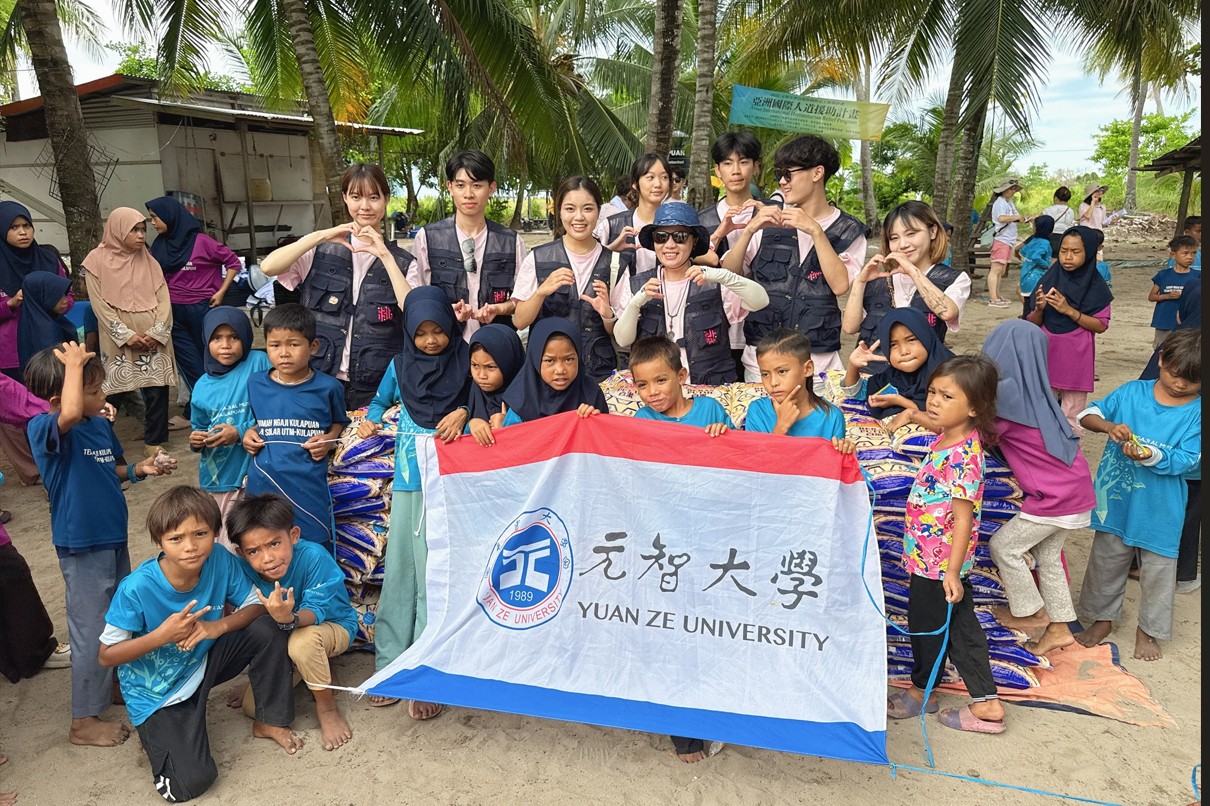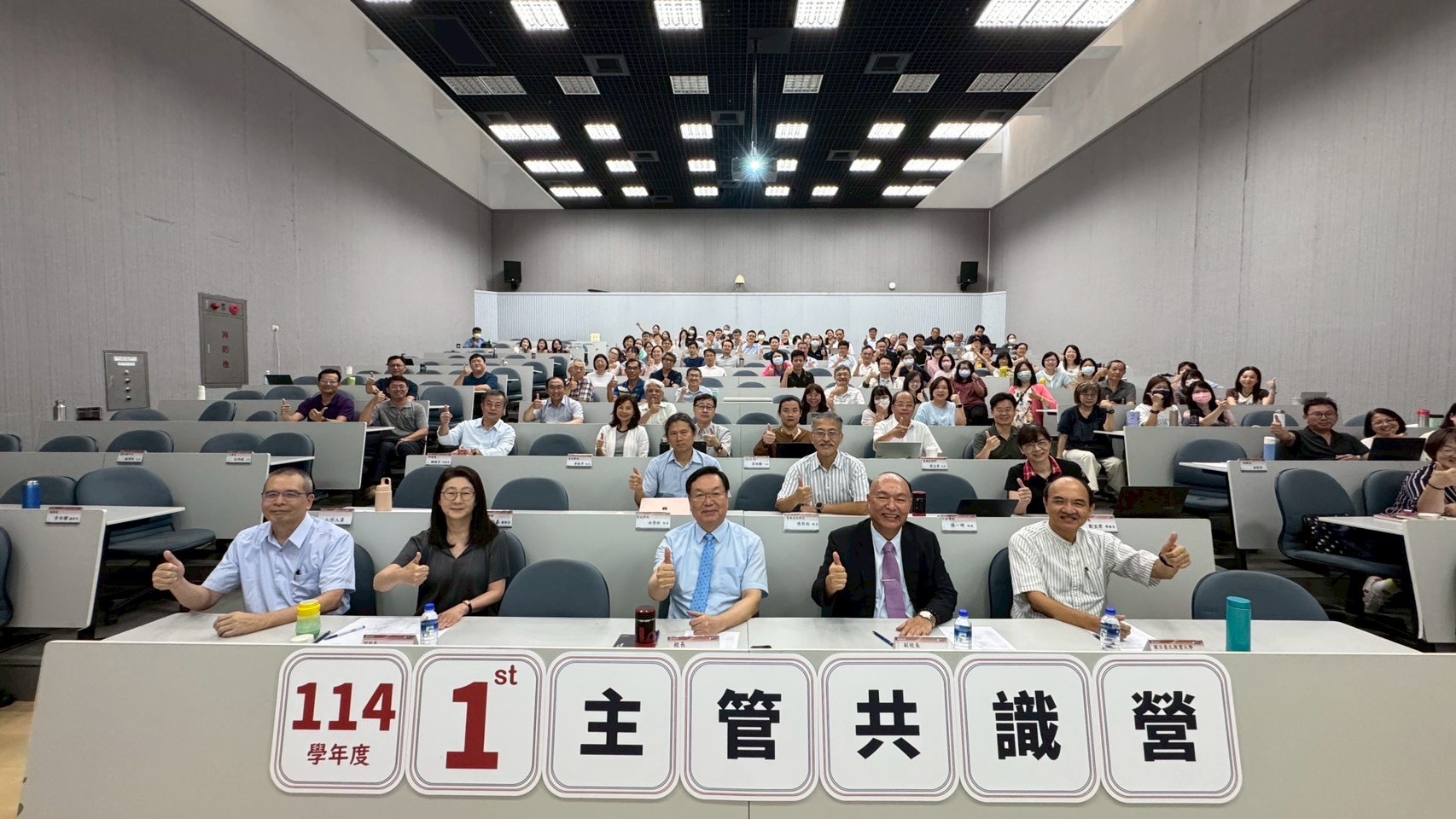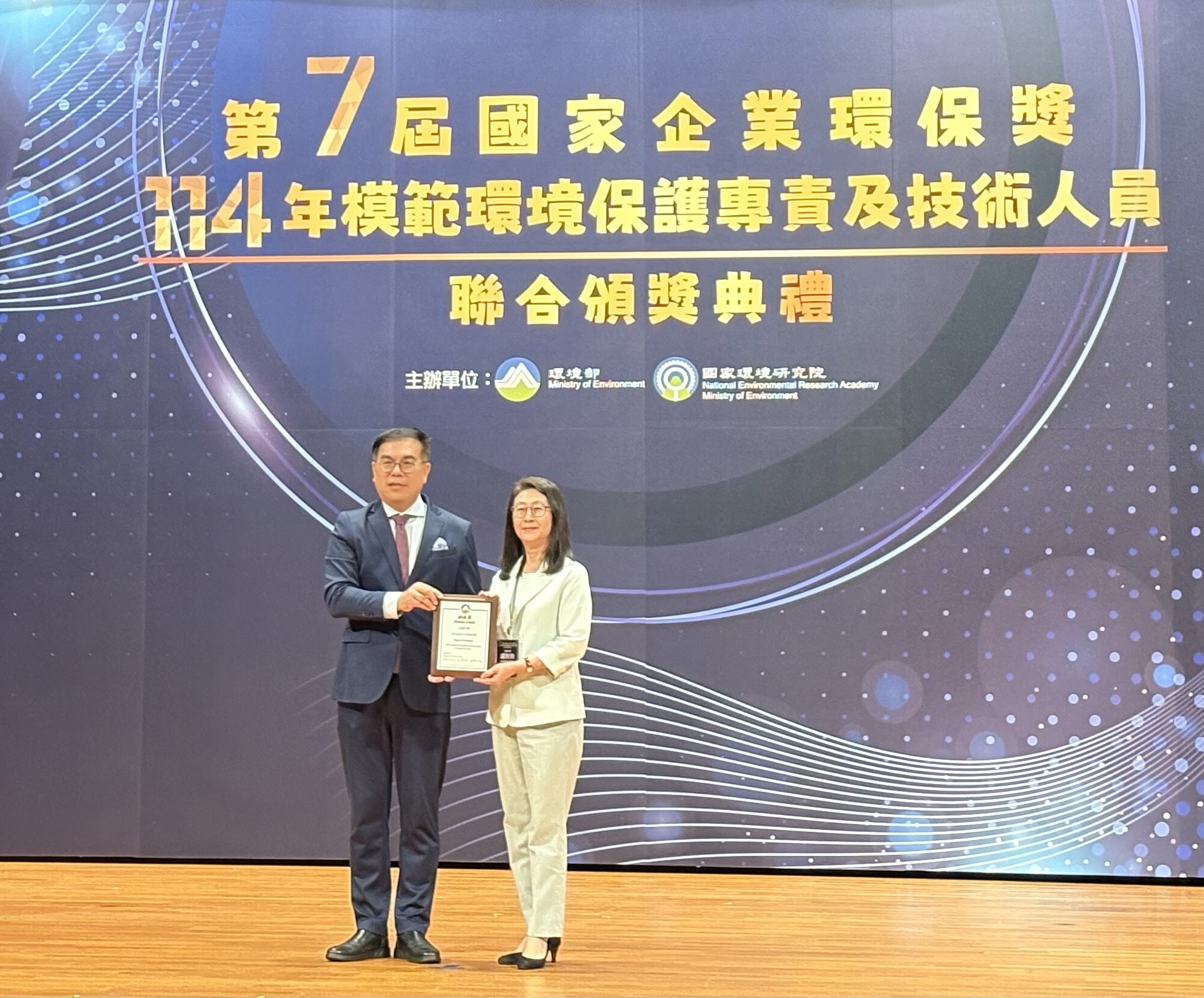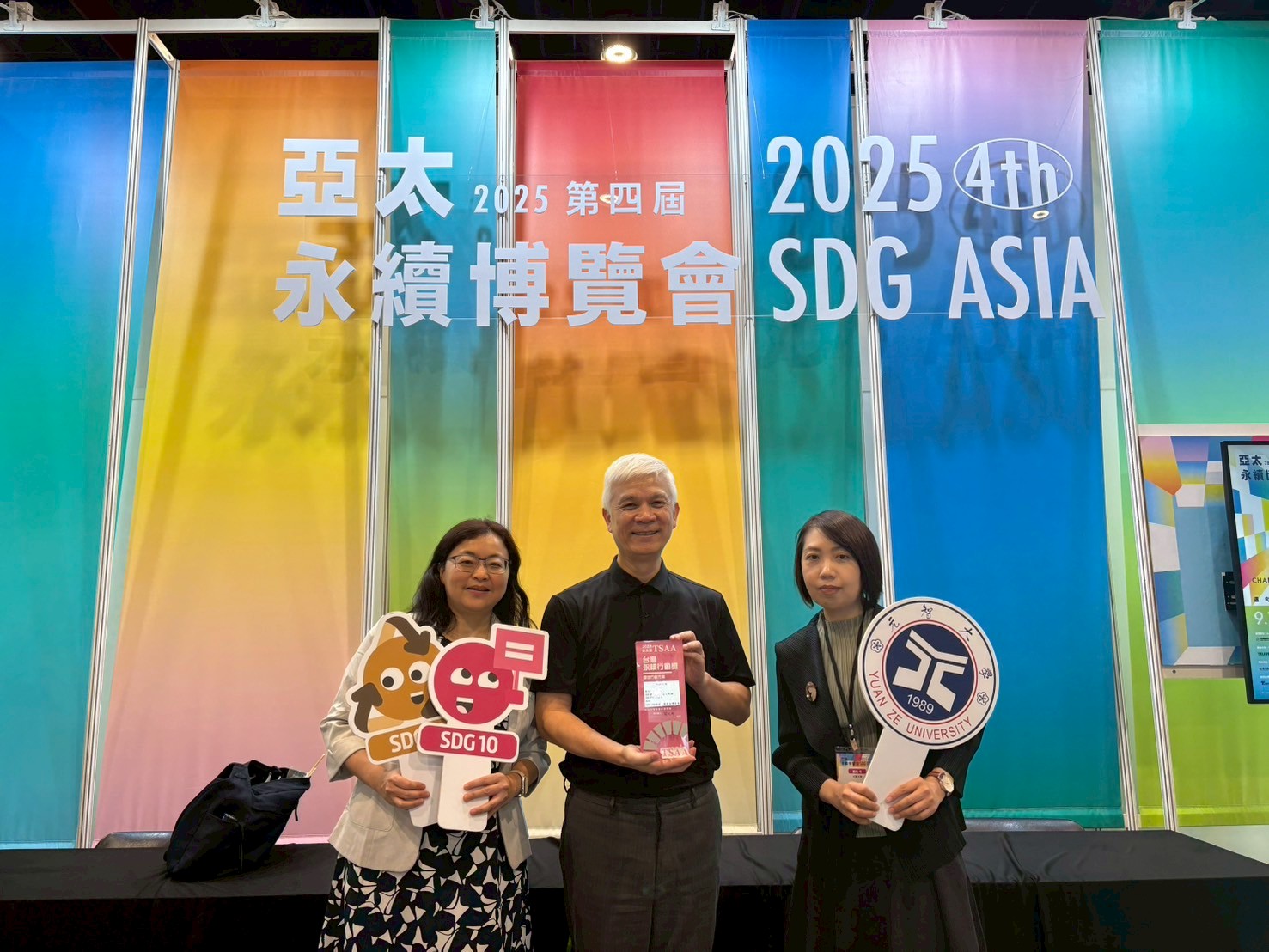This summer, Yuan Ze University’s USR-HUB International Humanitarian Relief Project took another important step in cross-border service. Led by Professor Ching-Ying You, the project organized the “2025 Bajau Humanitarian Journey,” bringing together resources from domestic and international NGOs and enterprises.
The team, comprising 15 students and 5 faculty members from various disciplines, traveled to the waters of Sabah, Malaysia, during the summer vacation to undertake humanitarian care activities. Centered on the themes of care, education, and sustainability, the team worked to improve the living conditions of remote sea communities through hands-on service, donations, and cultural exchange, while also nurturing in students a global vision and sense of social responsibility.
The Bajau, often referred to as the “sea nomads,” reside across Malaysia, the Philippines, and Indonesia, relying on fishing and small-scale trade for their survival. Many reside in stilt houses or boats. Due to their remote location and lack of formal nationality or legal protection, they have long faced inadequate healthcare, limited education resources, and poor infrastructure, with children’s right to education being especially restricted. Since 2025, Yuan Ze University has promoted the “Bajau Humanitarian Journey” to bring lasting change to these marginalized communities through international cooperation and sustained care.
Professor Ching-Ying You explained that this initiative, supported by the Ministry of Education’s USR-HUB program, had gradually built a network of cross-national cooperation and local trust. This year, the project focused on education, healthcare, and the environment, aligning its efforts with the United Nations Sustainable Development Goals (SDGs) to transform short-term aid into long-term impact.
The action received strong support from enterprises and organizations. Jouben Technology donated water purification equipment to improve drinking water quality and reduce waterborne diseases. 9x9 Stationery provided school supplies, allowing children to have adequate writing and art tools despite their simple classrooms. Yao Dong International Travel Service Co., Ltd. assisted with flights and accommodations. The Malaysian Whale Sharks Society, Global Institute of Sustainable Economic and Strategic Management, SABL Sunny Alliance, Charity Basketball Tournament, TOPTIER Xuang Guang International Education, and Asia SDG Action Education all collaborated to deliver rice, canned food, towels, and daily necessities to island residents.
Beyond material support, the volunteer team emphasized educational outreach and health awareness. They organized health courses teaching safe drinking practices, waste sorting, and disease prevention, as well as children’s activities in art, music, and crafts to stimulate creativity and confidence. The team also engaged deeply with residents, documenting their life stories and capturing their maritime wisdom, thereby fostering cross-cultural understanding and respect.
Students shared their reflections from the journey. Shu-An Tseng, a junior from the Department of Information and Communication, who was responsible for photography, said that through his lens, he saw how the Bajau people remained optimistic and resilient despite material scarcity, which greatly inspired him. Pin-Tsen Lin from the English Bachelor of Business Administration Program at the College of Management noted that cross-cultural exchange requires “flexibility” and “patience” to build trust. Chen-Hsu Lin observed that volunteering was not only about giving but also about growing together with the local community, and expressed his hope to continue contributing to sustainable development in the future. Yu-Chin Huang, a junior from the Department of Finance, shared that even without a common language, activities like painting and clay modeling helped bridge gaps, allowing her to feel the children’s pure enthusiasm and creativity.
Professor Ching-Ying You added that students had undergone pre-departure training in cross-cultural communication, humanitarian relief, and sustainable development. They learned how to solve problems with limited resources while developing teamwork and leadership skills. Upon returning to Taiwan, faculty and students planned to hold a results presentation and reflection workshops, transforming their first-hand experiences into teaching and research resources to raise wider awareness of marginalized communities. She stressed that the success of humanitarian action depended not only on resource input but also on respecting and listening to local voices—only then could aid truly take root and create lasting positive impact.
Yuan Ze University stated that it would continue to promote international humanitarian collaborations, integrating education, research, and practice to cultivate talents with both global compassion and professional competence. The university also expressed hope for increased participation from enterprises and NGOs, so that the Bajau and other disadvantaged communities could gain greater opportunities and choices for their lives and futures.
 English
English  正體中文
正體中文 



